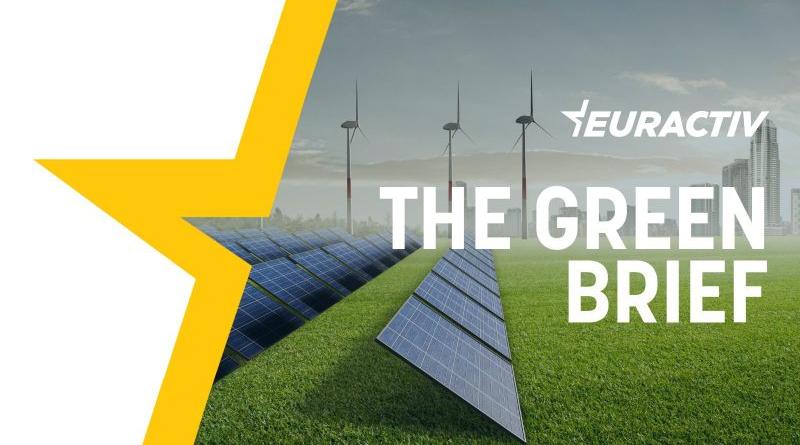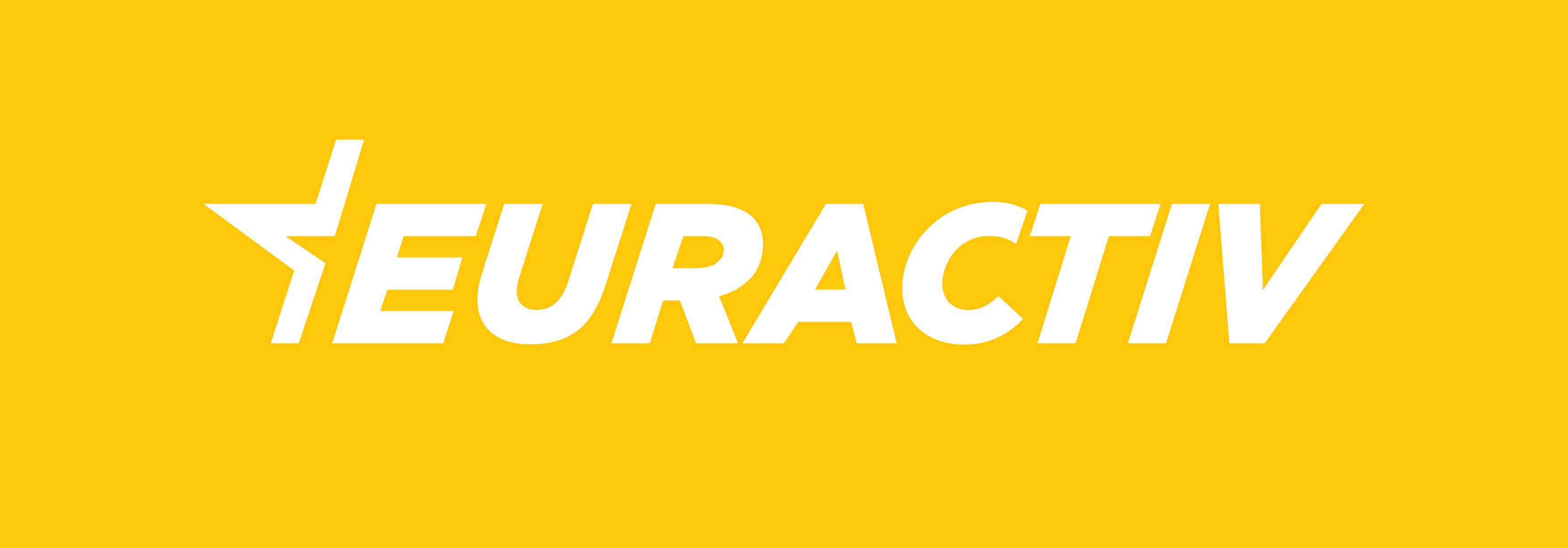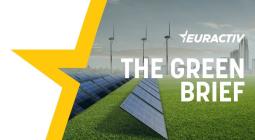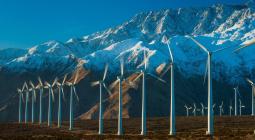France’s odd game on renewables

The French government reaffirmed last week that it does not want to choose between nuclear and renewables, saying it is taking action to promote both.
Yet, its challenge to the EU’s revised Renewable Energy Directive, launched at the last minute last week before the text was due to be formally approved in the Council of the European Union, reveals aggressive pro-nuclear lobbying that risks destabilising investments in decarbonisation – a move which goes against France’s proclaimed objectives.
The sequence of events is telling. On Tuesday afternoon (16 May), the National Assembly adopted a bill to revive the nuclear industry, presented by Energy Transition Minister Agnès Pannier-Runacher.
In the morning, Pannier-Runacher had previously met with representatives of 16 European states as part of the “nuclear alliance“, a group of pro-nuclear countries. The meeting concluded with a joint statement urging the EU to support policies to revive European nuclear power. In the same breath, Pannier-Runacher announced France’s intention to join the “renewables friendly” group of EU countries.
By accident or design, a report circulated in Brussels the next day stating that France was blocking discussions on the EU’s Renewable Energy Directive, even though a political agreement had been reached with the European Parliament on 30 March, almost two months before.
France, backed by other EU member states, was asking for further “guarantees” on low-carbon hydrogen derived from nuclear power. Indeed, the EU deal on the renewables directive recognises that EU member states with a low-carbon (nuclear) electricity mix can benefit from adjustments in meeting their renewable hydrogen production targets – a victory for France and its allies.
Specifically, Paris seeks to “clarify the changes introduced by Belgium and the Netherlands on the implementation of hydrogen objectives,” Pannier-Runacher’s office told EURACTIV. According to the French hydrogen industry, this would involve adjusting rules for the production of ammonia, a hydrogen derivative, which is very difficult to decarbonise by electrolysis.
But a more fundamental point has caught the attention of French decision-makers. According to most experts, the exemption for nuclear-derived hydrogen in the revised renewables directive was a Pyrrhic victory for France because the criteria were simply too difficult to meet.
From that perspective, France’s last-minute objection to the directive appears more like a riposte, a move to obtain further concessions on nuclear-derived hydrogen.
At home, die-hard supporters of nuclear power – who often tend to disparage renewables – applauded the move, claiming that France’s simultaneous manoeuvre to join the “renewables friendly” group of EU countries was “a strategic mistake“.
Fortunately, not all nuclear fans in France share such extreme views.
Maxence Cordiez, an engineer at the French Atomic Energy Commission, tweeted that the presence of France in the renewables-friendly group “will ensure that it respects the vocation stated in its name” and prevent it from transforming into “an alliance of opposition to nuclear power”.
Even within the ranks of the French ruling majority, some expressed surprise at the method chosen.
French MEP Christophe Grudler, the speaker on renewables for the centrist Renew group in the European Parliament and a supporter of French President Emmanuel Macron, said he regretted the delay to the directive’s final adoption. “It is NOW that our renewable industries in Europe need clear rules!” said Grudler, a staunch nuclear defender.
Worse, European diplomats said France was using the same methods as Germany, which was heavily criticised in December for reopening an interinstitutional agreement on car emission rules that introduced a ban on the sale of petrol and diesel engines by 2035.
There is no doubt that the German precedent has opened a loophole which the “big” EU countries can now use whenever they are not satisfied with an agreed text, according to one of the diplomats. It is a “bad day for democracy,” one of them even told us.
More fundamentally, the move raises questions in Brussels about France’s true commitment to renewables. Is it consistent with its desire to join the “renewables-friendly” group of EU countries?
There is no doubt that the French strategy is to restore the image of nuclear power, which it considers indispensable for achieving the EU’s long-term climate objective – a reduction in emissions to net zero by 2050.
While this seems necessary, France’s strange game appears to be confusing Brussels and ultimately ends up harming its credibility.
– Paul Messad
cover photo:Subscribe to EURACTIV's Green Brief, where you’ll find the latest roundup of news covering energy & environment from across Europe.





